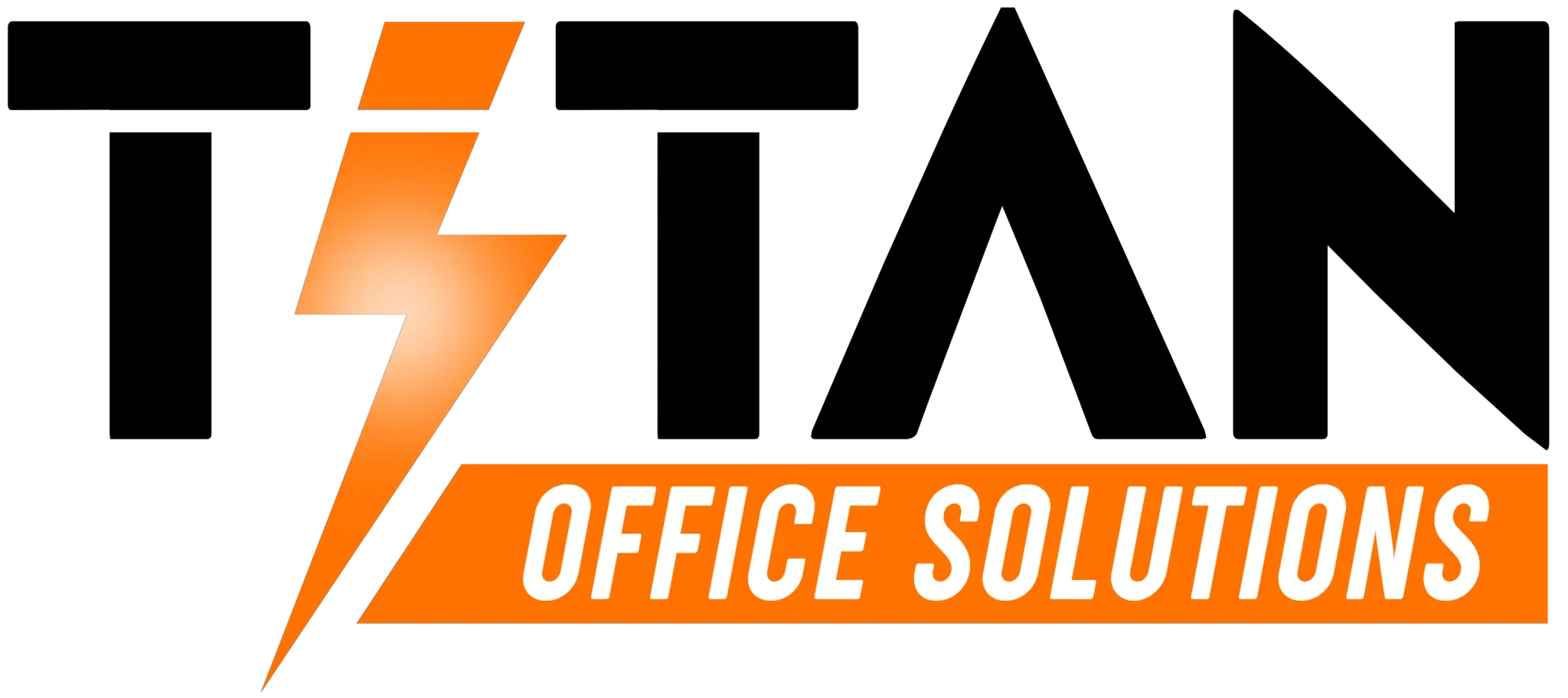Copier Lease Cost
When you are doing business every choice can have profound implications, and making an informed decision about office equipment is no exception. Amidst the myriad of decisions a company faces, determining whether to lease or buy a copier stands out as particularly significant. This decision not only affects the immediate financial outlay but also has long-term operational consequences. When you are struggling to find a copier or printer for your business the question arises how much does it cost?
As businesses strive to optimize their operations and reduce overheads, the debate between leasing and buying becomes even more pertinent. This article delves deep into this topic, aiming to offer a comprehensive overview of the financial, technological, and practical aspects of this crucial decision, ensuring businesses have all the information they need to choose wisely. Moreover, it provides you with information about office copier lease and cost to lease a copier or printer for small businesses or large enterprises.
The Financial Aspect of Copier Leasing vs. Buying
When it comes to acquiring an office copier, the primary distinction lies between the upfront cost of purchasing and the monthly payments associated with leasing:
Upfront Cost vs. Monthly Payments:
- Buying a copier requires a significant initial investment. In contrast, leasing involves periodic payments, often monthly, throughout the lease term.
- Leasing can be an attractive option for businesses that prefer to spread out costs over time.
Long-term Savings and Tax Benefits of Buying:
- Purchasing a copier can lead to long-term savings, especially if the machine is used for several years.
- Businesses can claim tax benefits, including depreciation when they purchase a copier.
Predictable Budgeting and Interest Charges of Leasing:
- Leasing offers predictable monthly expenses, aiding in budgeting.
- However, interest charges mean that, over time, you might end up paying more than the copier’s actual cost.
Technology Updates and Copier Obsolescence
The world of printers and copiers is ever-evolving:
The Pace of Technological Advancements:
- Copiers today are vastly different from those available just a few years ago. Features, speed, and efficiency continually improve.
- Staying updated with the latest copier technology is essential for businesses to maintain productivity.
Challenges of Keeping Up When Buying:
- Once you purchase a copier, you’re responsible for any upgrades or replacements. This can be challenging, especially if a new copier model with better features becomes available shortly after your purchase.
Flexibility of Upgrading with Leasing:
- Leasing provides the flexibility to upgrade to newer models without the hassle of selling or disposing of the old machine. This is especially beneficial given the rapid technological advancements in the copier industry.
Maintenance and Support Considerations
Whether you decide to lease or buy, maintenance is a crucial aspect:
Responsibilities and Costs of Maintenance When Buying:
- Owning a copier means you’re responsible for its upkeep. This includes everything from replacing toner to fixing any malfunctions.
- While some manufacturers offer service contracts, these can come at an additional cost.
Included Maintenance and Support in Leasing Agreements:
- Most lease agreements include routine maintenance and support. This means that if something goes wrong with the copy machine, the leasing company will typically handle repairs.
Flexibility and Scalability for Growing Businesses
As businesses grow, so do their copying and printing needs:
Modifying or Upgrading Copiers When Buying:
- If you’ve purchased a Ricoh copier and later find that you need a model with more features, you’ll have to go through the process of selling your current machine and buying a new one.
Adapting to Changing Needs with Leasing:
- Leasing offers the flexibility to change machines as per the business’s evolving needs. If you initially lease an office copier and later find you need a more advanced model, it’s often easier to transition with a lease than if you had made an outright purchase.
How Copiers Can Save Offices Money
In the realm of office technology, the debate between copiers and desktop printers is ever-present. Desktop printers, while convenient, often prove inefficient for larger offices. Their limited capacity and slower printing speeds can hinder productivity. On the other hand, the cost to lease an office copier might seem higher initially, but the benefits in terms of efficiency and cost-effectiveness are undeniable.
When comparing the costs of Inkjet vs. Toner Printing, toner-based copiers generally offer a lower cost per page and faster pages per minute. While inkjet printers might have a lower upfront cost, their printing costs can quickly add up, especially for offices with high printing volumes.
Choosing the Right Copier Vendor

The office copier or printer you choose can significantly impact your business operations. Hence, the importance of service quality cannot be overstated. A reliable vendor ensures minimal downtime, prompt service, and consistent performance.
There are distinct differences between copier manufacturers and dealers. Manufacturers, like Ricoh or Canon, produce the machines. In contrast, dealers are local entities that sell and service various copier models. They might offer multiple brands, giving businesses a wider selection. When you choose a copier, considering both the manufacturer’s reputation and the dealer’s service quality is crucial.
Tips for Making an Informed Decision
In the intricate landscape of business operations, the decision to lease or purchase a copier stands as a pivotal one. It’s not just about the immediate costs; it’s about aligning your choice with both current and future business needs. Making the right decision requires a meticulous evaluation of various factors:
Evaluating Financial Situations
The first step is to get a clear picture of your financial standing. Understand the intricate differences between the cost of leasing and the outright cost of purchasing. While leasing might seem like a more manageable expense with its spread-out monthly payment, it’s essential to factor in the cumulative costs. Consider the upfront costs associated with purchasing and the total expenditure over the lease period when leasing. Sometimes, the long-term costs of leasing can surpass the one-time purchase cost.
Assessing Business Needs
Every business has unique printing needs. Some might require high-volume printing daily, while others might need it sporadically. Assess your average printing volume. Additionally, determine the type of copier you need. Do you frequently need color copier prints, or would a black and white one suffice? Also, consider the specific features and functionalities essential for your operations, such as scanning, faxing, or double-sided printing.
Comparing Dealers and Leasing Companies
The market is replete with various dealers and leasing companies, each offering different terms. It’s crucial to not just go with the first or cheapest option. Research thoroughly, compare lease rates, and delve into customer reviews and feedback to find a vendor that’s both reliable and offers favorable terms.
Reviewing Contract Terms
The devil is often in the details. Before signing any agreement, whether it’s a purchase agreement or a lease contract, always scrutinize the terms and conditions. Understand the stipulated length of the lease, any associated penalties for breaches, early terminations, or over-usage, and the provisions in place for the end of your lease.
Consulting IT and Financial Advisors
Lastly, never underestimate the value of expert advice. IT professionals can provide insights into the technical aspects, ensuring the copier aligns with your IT infrastructure. Simultaneously, financial advisors can shed light on the fiscal implications of your decision, ensuring it’s economically sound.
In conclusion, the decision to lease or purchase a copier is multifaceted. By considering the above factors and conducting thorough research, businesses can ensure they make an informed and beneficial choice.
What People Also Ask
What are the benefits of leasing a copier?
Leasing a copier offers businesses flexibility. Instead of a large upfront expense, companies can manage predictable monthly lease costs. At the end of the lease, businesses can upgrade to new technology, ensuring they always have up-to-date equipment.
How often should copiers be upgraded?
The need to upgrade depends on the copier’s performance and the business’s requirements. However, with the rapid advancement in technology, many businesses find it beneficial to upgrade every 3-5 years.
What are the hidden costs in copier leasing agreements?
Hidden costs can include charges for exceeding the agreed-upon number of copies per month, maintenance costs not covered under the service agreement, and fees for early termination or changing the lease terms.
Conclusion
Choosing between leasing or purchasing an office copier is more than just a financial decision; it’s a strategic move that can significantly influence a business’s operations and bottom line. The cost to lease an office copier might seem daunting initially, especially when compared to the average cost of a straightforward purchase. However, when you factor in the evolving office technology, the flexibility of lease rates, and the potential to upgrade to a new technology or a high-end copier at the end of the lease, leasing becomes an attractive option for many businesses.
On the other hand, purchasing a copier outright offers its own set of advantages, such as not being bound by the terms and conditions of a lease agreement. Yet, the upfront costs and potential maintenance costs can be substantial. When considering the cost per page, printing costs, and whether you need a color copier or just a black and white one, the expenses start to add up.
Furthermore, the decision to lease an office printer or opt for a multifunction printer hinges on the specific needs of the business. Factors like the expected copies per month, desired pages per minute, and whether the business needs a standalone office copy machine or a comprehensive commercial copy solution play a crucial role.
In the debate of leasing vs. purchasing a copier, it’s essential to consider the monthly lease cost, the total cost of leasing, and what exactly goes into the cost. As businesses evolve, so do their needs. A copier that suffices today might become obsolete tomorrow. Hence, the option to lease a printer or choose a copier model that aligns with current needs, with the flexibility to exchange it at the end of your lease, can be invaluable.
In conclusion, the decision to lease or purchase office equipment should be made after thorough cost considerations, understanding the length of the lease, and evaluating the potential printing costs. By making an informed decision, businesses can ensure they get the best value, whether they opt for a simple office copier or printer or a more advanced solution.

